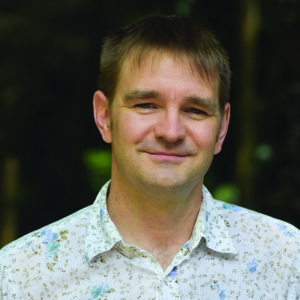The Anthropocene Chicken and the ‘Wicked’ Problem(s) of Contemporary Food
Contemporary food provision presents a series of contradictions. Enormous increases in food production, as well as availability, over the last century have enabled populations to grow, becoming healthier, with longer lifespans and increased quality of life. Technological developments, often associated with food’s globalization, have all but rendered seasonality and Nature obsolete. It’s possible to not only supply food year round, but to mitigate against age-old problems such as famine. In the global North and West, food is so abundant that for many of us, scarcity means popping out to the shop or getting take out on a Friday night because what we want to eat is not readily available in the fridge or cupboard. Indeed for many of us here, true scarcity has fallen out of intergenerational memory. Corresponding with the Great Acceleration—the massive and continued surge in the production and consumption of nearly everything that some suggest marks the beginning of the anthropocene—this remarkable period for food is marred by contradictions. Social inequality at all scales has increased alongside increased production. Wealthy populations tend to suffer from diseases of over rather than under-consumption, whilst vast swathes of the ‘bottom billions’ are still starving. Embedded within a nexus with water and energy, food production itself, a great marvel of the 20th Century, is driven by a carbon economy—an economy that has colonized nearly every space of the globe, and an economy that we know we cannot continue to exploit.
Through the lens of the anthropocene chicken, a distinctly modern form of food production, this presentation examines these challenges. I will argue that the wicked problems of food, and of the food-water-energy nexus as a whole, are not only social and economic but spatial. Thus, they require spatial solutions. I close with some recent examples from the field that should give us hope in these unprecedented geologic and geographical times.
Presented by:
Benjamin Coles, Ph.D.

Lecturer at the University of Leicester, UK, and Co-director of the Supermarkets Research Network (SuRN)
No slides availableNavigate the Site
2025 GoldLab Symposium
Save the date!
Please join on May 15-16, 2025Presenters In The News
Contact Info










